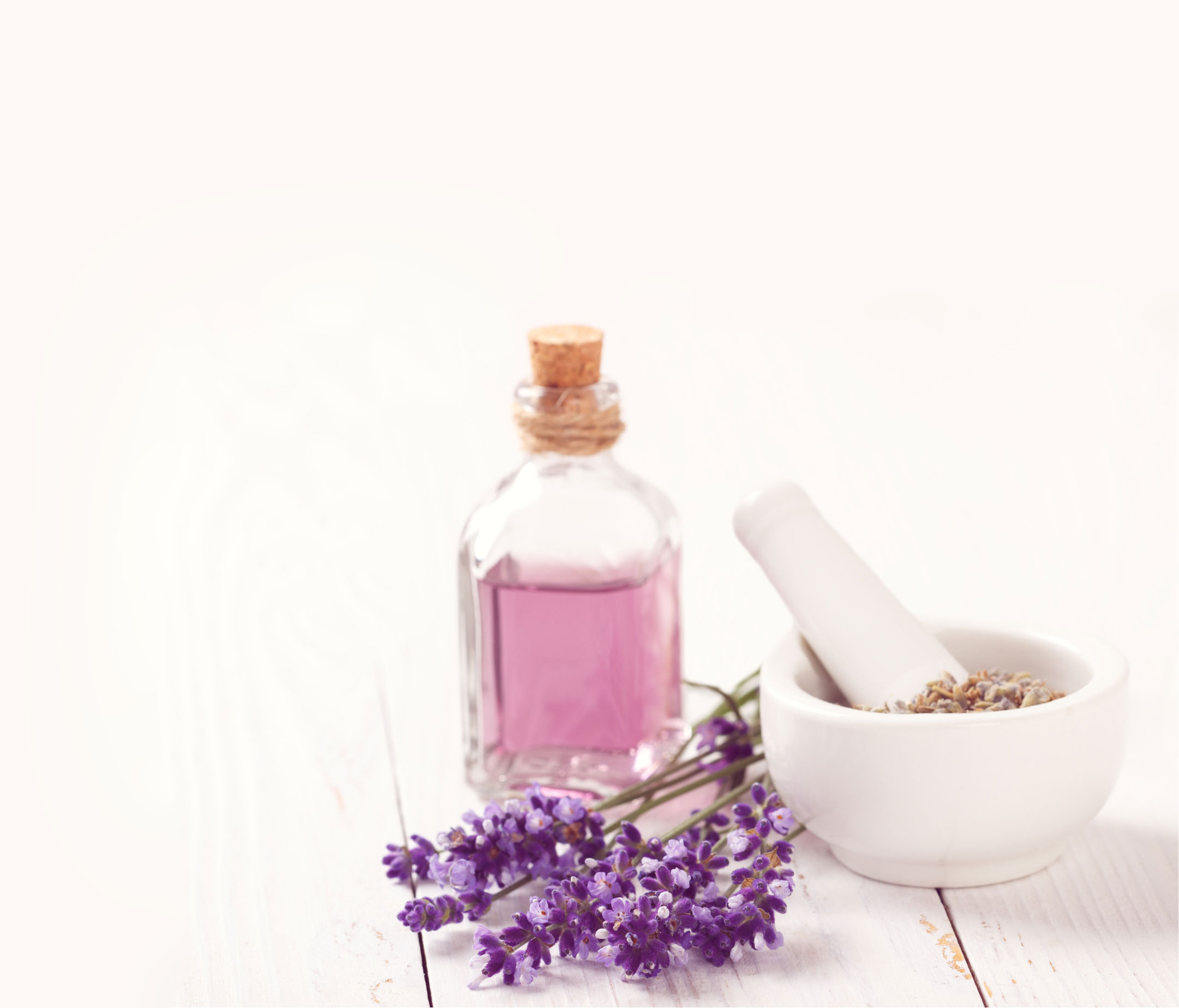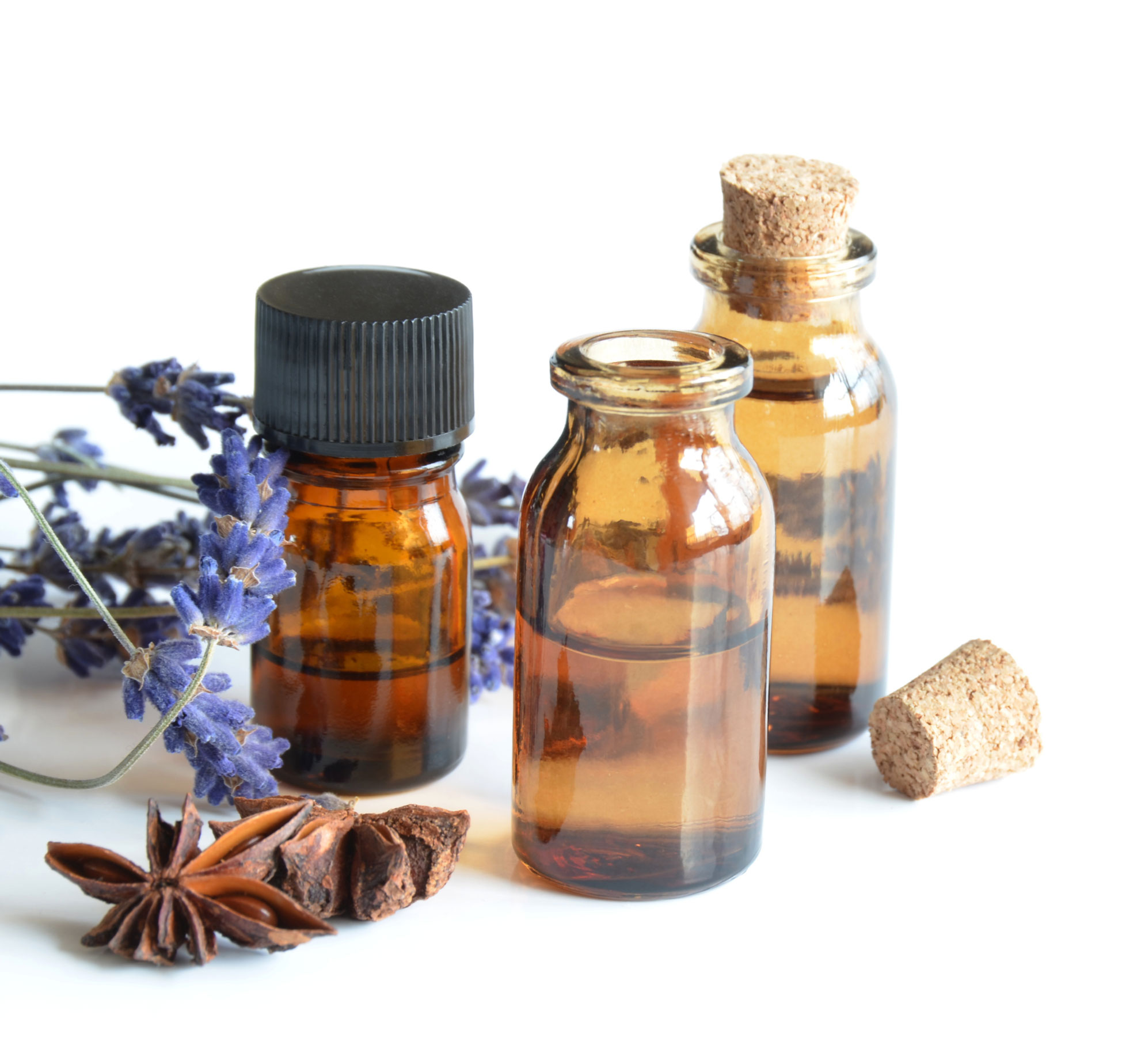Exploring the Healing Power of Aromatherapy
Aromatherapy, the practice of using natural plant extracts or essential oils to promote physical and emotional well-being, has been utilized for thousands of years across various cultures. In recent years, it has gained renewed attention in modern wellness practices for its ability to alleviate stress, improve mood, enhance mental clarity, and support physical health. The therapeutic benefits of scents like lavender, peppermint, eucalyptus, frankincense, ginger, and lemon are particularly well-documented, and their application in daily life can enhance both emotional and physical well-being.
1. Lavender: The Relaxing Essence
Lavender is perhaps the most well-known essential oil, celebrated for its calming properties. It has been shown to reduce anxiety, promote relaxation, and improve sleep quality. The soothing scent of lavender is ideal for stress relief, making it a popular choice for people experiencing high levels of anxiety or insomnia.
Lavender’s primary benefit lies in its ability to calm the nervous system, reduce stress, and induce a sense of tranquility. Studies have demonstrated its effectiveness in lowering cortisol levels, the body’s primary stress hormone, and promoting deep, restorative sleep.
How to Incorporate Lavender into Daily Use:
• Diffuser: Place a few drops of lavender essential oil in a diffuser to create a peaceful environment in your home or office. This is especially useful before bedtime to enhance sleep quality.
• Bath: Add a few drops of lavender oil to your bathwater for a relaxing soak. The warm water helps to open your pores, allowing the oils to be absorbed more effectively.
• Pillow Spray: Make a homemade pillow mist with lavender essential oil and water to help calm your mind before sleeping.


2. Peppermint: The Energizing Scent
Peppermint is known for its invigorating and refreshing qualities. It is a popular essential oil for boosting energy, improving concentration, and relieving tension headaches. The cool, sharp scent of peppermint stimulates the senses and can help improve mental clarity and focus.
Peppermint is often used to support symptoms of headaches, digestive issues, and fatigue. The menthol in peppermint helps to relax the muscles around the head and neck, reducing the severity. Additionally, its uplifting properties can improve mood and increase alertness.
How to Incorporate Peppermint into Daily Use:
• Inhalation: Simply inhale peppermint oil directly from the bottle or place a drop on a handkerchief to use as a personal inhaler for an instant mood boost and clarity.
• Massage: Dilute peppermint oil with a carrier oil such as coconut oil and massage it into the temples or the back of the neck to relieve headaches and muscle tension.
• Morning Diffusion: Start your day by diffusing peppermint oil in the kitchen or living room to help clear your mind and energize you for the day ahead.
3. Eucalyptus: The Respiratory Helper
Eucalyptus oil is renowned for its ability to clear the airways and support respiratory health. Its strong, menthol-like scent has a cooling effect on the body and is often used to relieve symptoms of colds, coughs, and congestion. It is also helpful for reducing mental fatigue and promoting relaxation.
Eucalyptus oil is a powerful antimicrobial agent, making it effective in combating respiratory infections. It also has anti-inflammatory properties, which can help reduce swelling in the airways and ease breathing difficulties.
How to Incorporate Eucalyptus into Daily Use:
• Steam Inhalation: Add a few drops of eucalyptus oil to hot water and inhale the steam to clear nasal congestion and ease breathing.
• Diffuser: Use eucalyptus oil in a diffuser to purify the air and help with respiratory issues, especially during cold and flu season.
• Chest Rub: Dilute eucalyptus oil with a carrier oil and rub it onto the chest or back to ease coughs and congestion. Not recommended to use topically with any individual under the age of 2 or with breathing conditions such as asthma or the like.
4. Frankincense: The Grounding and
Meditative Scent
Frankincense has a rich, earthy aroma and has been used for centuries in spiritual practices. It is known for its grounding effects on the mind and body, helping to reduce stress and promote deep relaxation. It also has anti-inflammatory and immune-boosting properties, making it beneficial for overall health.
Frankincense is often used in meditation to encourage a sense of inner peace and spiritual connection. It helps quiet the mind, making it easier to focus and achieve a state of deep relaxation. Additionally, its anti-inflammatory properties are used to support the skin for skin clarity.
How to Incorporate Frankincense into Daily Use:
• Meditation: Diffuse frankincense oil or apply it to pulse points before meditation to promote mindfulness and calmness.
• Skincare: Frankincense oil can be diluted and used as part of your skincare routine to soothe irritated skin and reduce signs of aging.
• Evening Diffusion: Diffuse frankincense at night to create a calming, peaceful environment that supports restful sleep.
5. Ginger: The Warming, Nausea-Relieving Scent
Ginger essential oil is known for its spicy, warming aroma and its ability to relieve digestive issues. It has a stimulating effect on the body and is often used to alleviate nausea, reduce inflammation, and promote circulation.
Ginger has been shown to improve digestion and reduce symptoms of nausea. It can also increase blood circulation, making it helpful for people suffering from cold hands and feet or those with poor circulation.
How to Incorporate Ginger into Daily Use:
• Digestive Aid: Add a few drops of ginger essential oil to a carrier oil and massage it onto the abdomen to help alleviate digestive discomfort.
• Morning Boost: Diffuse ginger essential oil in the morning for an energizing and warming effect that helps stimulate your senses and digestive system.
• Nausea Relief: Inhale ginger oil directly from the bottle or dilute it with a carrier oil and apply it to the wrists to relieve nausea.
6. Lemon: The Uplifting, Cleansing Scent
Lemon essential oil has a bright, citrusy fragrance that is known for its ability to uplift the mood and purify the air. It is often used for its energizing properties and is an excellent choice for those needing a mental pick-me-up.
Lemon essential oil is known for its mood-enhancing qualities. It has been shown to help reduce symptoms of anxiety and depression. Additionally, its antibacterial properties make it effective for cleaning and purifying the environment.
How to Incorporate Lemon into Daily Use:
• Diffusion: Diffuse lemon essential oil to cleanse the air and boost your mood, especially during the afternoon slump.
• Skin Care: Add a few drops of lemon oil to your skincare routine to help cleanse and brighten the skin. Be cautious, as lemon oil can make skin sensitive to sunlight.
• Cleaning: Lemon oil is an excellent natural cleaner. Add it to your household cleaning products to enjoy both its purifying and refreshing effects.
In conclusion, the therapeutic benefits of aromatherapy are vast and varied, offering a natural and accessible way to support both physical and emotional well-being. Scents like lavender, peppermint, eucalyptus, frankincense, ginger, and lemon each have unique properties that can be integrated into daily life to relieve stress, improve focus, enhance relaxation, and support overall health. Whether through diffusion, topical application, or bath rituals, incorporating essential oils into your routine can help you harness the healing power of scents to promote a more balanced and harmonious life. As we become increasingly aware of the power of nature’s offerings, aromatherapy remains a simple yet profound tool for improving mental clarity, physical health, and emotional resilience.
****These statements have not been evaluated by the Food and Drug Administration. This information is not intended to diagnose, treat, cure, or prevent any disease. ******
Submitted by Shalia Johnson
